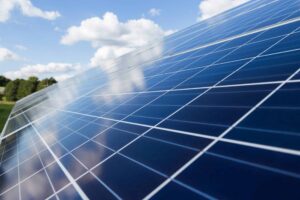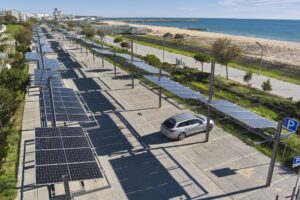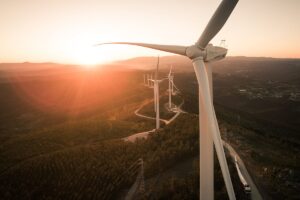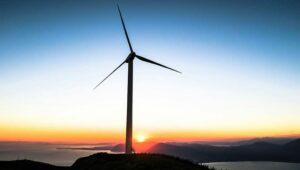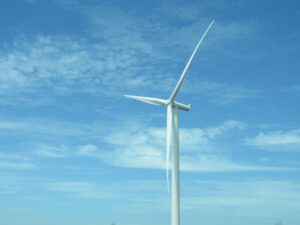By COLIN REID energy@algarveresident.com
Colin Reid is the technical director at the Enova Group and is a chartered engineer specialising in renewable and sustainable energy systems. He has over 20 years experience in the industry and lives with his wife and three children near Almancil.
AS WE have already seen with previous articles, renewable energy systems (solar, wind and water) are extremely important but are not the whole picture.
It is almost impossible to rely completely on renewable energy, then there always needs to be some form of back up. It is therefore important that the backup system operates efficiently to minimise carbon emissions and, of course, to reduce running costs.
A typical example of back up for a renewable energy system is solar heating assisted by a boiler. The solar system provides thermal energy for hot water and heating, but when there is insufficient sunshine or a high demand for heat, then the boiler will automatically start up. It is therefore important to ensure that the boiler is efficient, otherwise the fuel saved by using solar will be wasted on operating an inefficient boiler.
Efficient boilers can be summarised as follows:-
• Condensing boiler (one that has a second heat exchanger that recovers the heat from the flue gases)
• Biomass boiler (one that uses biomass pellets as a fuel and is classed as carbon neutral)
• CHP type boiler (one that generates electricity as well as heat)
It is also very important that existing boilers are serviced regularly. As well as maintaining efficiency, this ensures safe operation (particularly in the case of gas boilers where carbon monoxide is always a threat).
Advantages
Heat recovery also improves energy efficiency. This involves recovering heat from an exhaust system. Typically, this technology is applied to ventilation systems. For example, extract ventilation from a toilet area would normally involve removing the air from the space with an extract fan and ductwork and dumping this air outside.
With a heat recovery system, the heat from this exhaust air is recovered and transferred to the incoming supply air. This also has the advantage of warming the supply air during colder periods, thus preventing cold draughts. This is normally achieved using a plate heat exchanger between the supply and extract ducts so that the two air steams are physically separated, but the heat is able to pass between the two systems.
Another important machine worth mentioning is the heat pump. We have already looked at these in previous articles. These are very efficient heating appliances and are well worth installing in place of boilers. They also have the great advantage of cooling as well as heating in reverse cycle. However, care should be taken here as heat pumps are designed for low temperature heating such as for pools or under floor heating and are not normally suitable for radiator systems.
Low energy lighting, as mentioned in previous articles, is also very important for reducing energy consumption. This can either be compact fluorescent fittings with outputs of up to 75 per cent less than traditional lights or LEDs (Light Emitting Diodes) with outputs of up to 90 per cent less than traditional lights
Finally, as mentioned in our previous article, control systems are important. These ensure that our energy systems operate efficiently by only running when required and running to the optimum level.
Next month, we look at the important issue of energy certificates for buildings and the fast approaching legislation.
Colin Reid can be contacted by phone on (00351) 282 960 969 or by email at energy@algarveresident.com. To visit the Enova Group website, click on the link to the right of this page.

